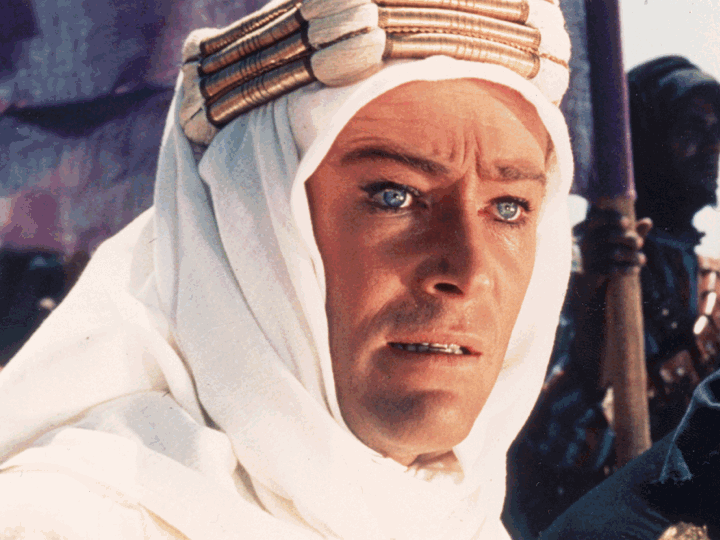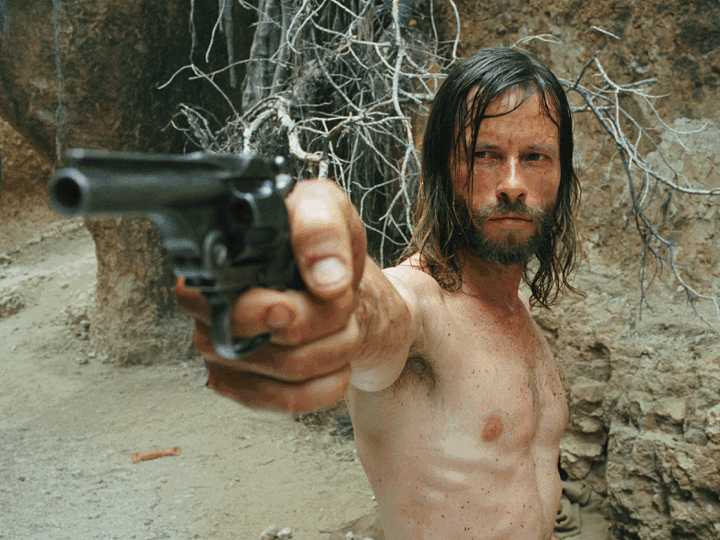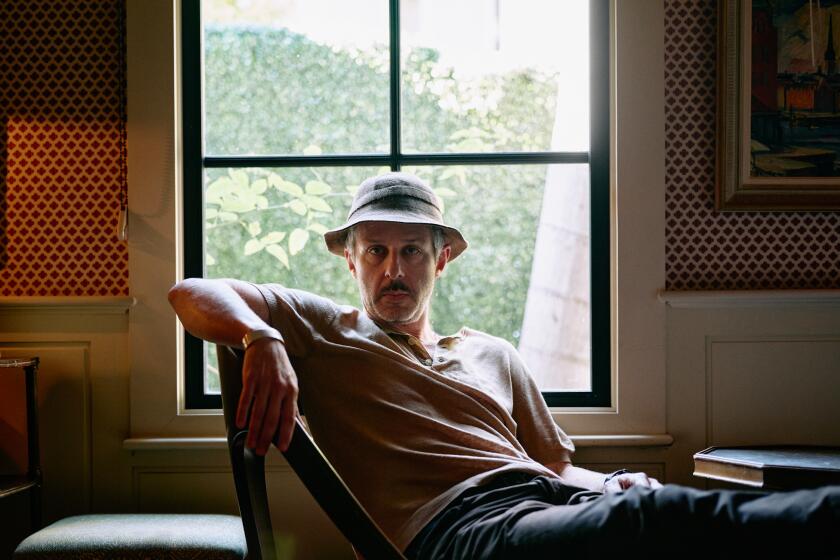Conservation Films at Melnitz Theater
The Academy of Motion Picture Arts and Sciences’ Contemporary Documentary series continues at 8 tonight at UCLA’s Melnitz Theater with Lawrence Hott and Diane Garey’s informative and engaging 57-minute “The Wilderness Idea: John Muir, Gifford Pinchot and the First Great Battle for the Wilderness,” which will be followed by Joel L. Freedman’s recently released “To Protect Mother Earth: Broken Treaty II,” dealing with the failure of the U.S. government to live up to its promises to provide ancestral lands for the Shoshone Indians.
Through interviews with Muir and Pinchot’s biographers and thorough research into the history of the conservation movement, Hot and Garey succinctly sketch in the biographies of two very different and very influential men who were briefly friends but came to a parting of ways even before the controversy over the construction of the Hetch Hetchy Dam in a remote gorge of Yosemite National Park in order to ensure San Francisco of an adequate water supply in the wake of the 1906 earthquake and fire.
In essence, Muir, the founder and first president of the Sierra Club, believed that the wilderness belonged to God and Pinchot, the first chief of the U.S. Forest Service, believed that it belonged to man; both men had the ear of President Theodore Roosevelt, who at heart agreed with Muir while backing Pinchot in the matter of the Hetch Hetchy. We’re left feeling that in retrospect that the two men complemented each other for all their clashes, and that we’re permanently indebted to both in matters of conservation--to Muir for his poetic, uncompromising idealism and to Pinchot for his tough-minded enlightened pragmatism.
The UCLA Film Archive’s “A Season of New Zealand Films” continues at Melnitz at 7:30 p.m. Saturday with the taut courtroom drama “Beyond Reasonable Doubt” (1980) and Mike Walker’s “Kingpin” (1985), which is set in a reform school and was unavailable for preview. Sunday brings Merata Mita’s “Patu” (1983) and “Mauri” (1987). The first is an urgent, revealing but also rambling documentary on the impact of the 1981 tour of New Zealand by South Africa’s rugby team, which triggered a widespread protest against apartheid that divided and tore apart the nation, inevitably reflecting upon its own sorry history for the treatment of its Maori population.
The second, the first feature film written and directed by a Maori woman, centers on a Maori (Anzac Wallace, the fearsome warrior of “Utu”) attempting to live with a guilty secret that threatens to consume him and which drives the woman who loves him into the arms of a white landowner. For quite awhile it’s hard to get caught up into the film, which has a determinedly deliberate pace, but eventually it casts its spell through its mystical communion with nature set off by an underlying sense of the Maoris’ long-standing second-class citizenship and exploitation by whites.
Information: (213) 206-FILM, 206-8013.
More to Read
Only good movies
Get the Indie Focus newsletter, Mark Olsen's weekly guide to the world of cinema.
You may occasionally receive promotional content from the Los Angeles Times.









